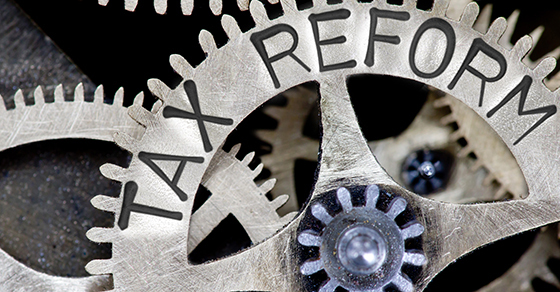A vision for “transformational” tax reform
In a recent speech to the National Association of Manufacturers, House Speaker Paul Ryan urged Republicans to seize this “historic opportunity” to enact meaningful tax reform. With few details, he listed goals that included a simplified tax code, lower tax rates, improved global competitiveness for American businesses, elimination of special interest carveouts and permanent changes that give businesses certainty to plan for the future. Ryan projected that a realistic timeline for tax reform would be the end of 2017.
Raffensperger, Martin & Finkenbiner will continue to follow the potential tax reform. In truth, many of us thought the bill would be law by now, and the rates and changes would have been retroactive to January 1, 2017. Based on the timeframe, we anticipate that any changes would not be law until January 1, 2018.
As of now, that makes proactive tax planning a little more challenging as what’s good this year may be altered in the future. However, we will continue to recommend options and new ideas that provide immediate benefit. We will still look at long-term plans but will be more conservative in our recommendations depending on the situation and circumstance.









Leave a Reply
Want to join the discussion?Feel free to contribute!